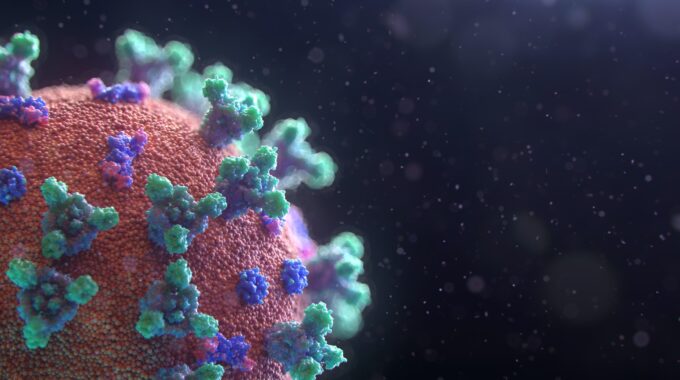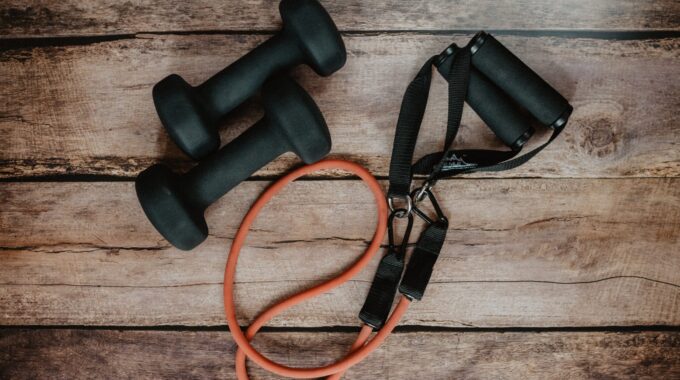Strength and Conditioning Strength training is very beneficial for runners. Having stronger muscles in your…

Exercising Post Long COVID
If you’ve had coronavirus, you may be unsure of when to begin exercise again. It is clear that individuals experience effects from COVID-19 for different periods of time, so knowing when to begin exercising again can be difficult.
Coronavirus is a respiratory illness, meaning it mainly affects your heart and lungs. As a result, even after you have recovered from coronavirus, you may still feel increasingly tired and get out of breath easily. As well as this, your body may ache making it increasingly difficult to begin exercising. Some people can experience these symptoms for weeks or months after recovering from COVID-19. This is known as long COVID. There are many symptoms of long COVID and some of these include feeling very tired, having a shortness of breath, muscle aches and pains, heart palpitations and headaches.
Beginning exercise post COVID varies between individuals. There are some factors to consider before exercise can begin. These include:
- How severe was the illness?
- Did you have to go into hospital for treatment?
- Do you still have symptoms?
- Do you have any pre-existing health conditions?
- What was your level of fitness before suffering from coronavirus?
There are currently no official guidelines on when to begin exercising post COVID. However, health professionals have provided some advice that must be tailored to your own needs.
Wait until you’re feeling better. Do not begin exercising until you are at least 7 days symptom free and your mental and physical health are both good.
Start slowly. It is important to build your exercise tolerance up slowly as coronavirus has a big influence on your respiratory system. Start with completing daily tasks, stretching and breathing exercises. If that’s all well for around a week, then you can gradually begin exercising. This may include yoga, a slow walk or cutting the grass. Once completing light exercise for a week, symptom free, the exercise can be built up. You can begin to progress to light bodyweight exercises or short bursts of aerobic exercise. Continue to gradually build up exercise over the next few weeks, ensuring that after each week you stay symptom free.
Take it one day at a time. It is important to only progress to the next day’s exercise if you feel fully recovered from the previous day’s activity. Ensure you listen to your body and do not rush the recovery.
Eat well and stay hydrated. Coronavirus can make some people feel sick or dehydrated. It is important that when you begin exercising, you are fuelling your body with enough energy and water in order to aid recovery.
Be patient. Coronavirus effects every individual differently so it is important to not compare your progress with others. Some people may need to spend longer at each stage before progressing the exercise. Your body is still recovering so do not push it past its limit and ensure you rest when needed.
If you require any additional information or advice regarding exercising post COVID-19, please do not hesitate to get in touch.



This Post Has 0 Comments